Beauty News, Bonusan, Global Healing
Do’s and Dont’s for Iron Deficiency
Iron is a mineral that helps your blood carry oxygen to all parts of your body, keeping you energetic. If you’re low on iron, you might feel tired, dizzy, and even experience headaches or cold hands and feet. So, what should you do and avoid when you have an iron deficiency? Let’s dive in!
Why is Iron Deficiency Common?
It’s surprising that iron deficiency is so common, especially when Western diets often include plenty of animal products rich in iron. One of the main reasons for this deficiency is health issues that hinder iron absorption, such as gut inflammation, excessive bacterial growth in the small intestine, or chronic inflammation.
Who is at Risk?
Iron deficiencies are more common in people with obesity, kidney issues, or heart diseases. Children and pregnant women also have higher iron needs, making their diet sometimes insufficient. If you frequently experience iron deficiency, consult a healthcare professional to identify the root cause.
Do’s for Iron Deficiency
1. Eat Iron-Rich Foods
To boost your iron levels, focus on your diet. Iron is found in both animal and plant-based foods. However, our body absorbs animal-based iron (heme iron) more efficiently than plant-based iron (non-heme iron). Meat and shellfish like oysters and mussels are excellent sources of iron. If you’re vegetarian, sources of plant-based iron include spinach, nuts, and seeds.
2. Improve Iron Absorption
You can enhance iron absorption by pairing iron-rich foods with vitamin C. For example, combine iron-rich spinach with a vitamin C source like cauliflower. Or make a smoothie with spinach and mango. You can also eat fruit with iron-rich nuts, like apples and almonds.
3. Regulate Iron Levels with Lactoferrin
Lactoferrin is a natural iron-binding protein that helps transport iron to where it’s needed, like red blood cells. It’s found in breast milk, cow’s milk, and goat’s milk. You can also boost your lactoferrin levels by doing arm strength training on an empty stomach.
Dont’s for Iron Deficiency
1. Whole Grains
Be cautious with whole grains if you have an iron deficiency. They contain phytates, which can hinder the absorption of minerals like iron. Consume them in moderation.
2. Calcium
Calcium competes with iron for absorption. Avoid combining calcium-rich foods like yogurt, broccoli, and rhubarb with iron-rich foods in the same meal.
3. Caffeine
Limit caffeine-containing drinks like cola and coffee. Caffeine can reduce your body’s ability to absorb iron. Cola also contains phosphates, which further hinder iron absorption.
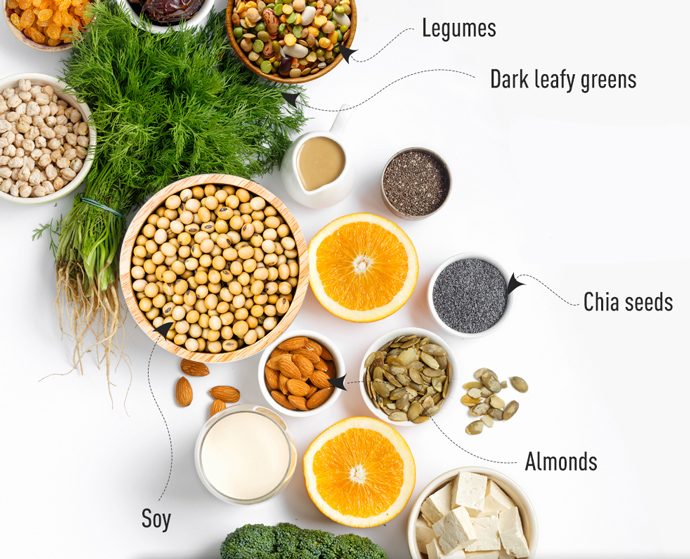





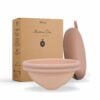




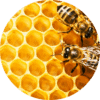













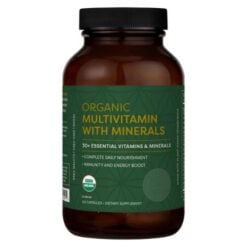
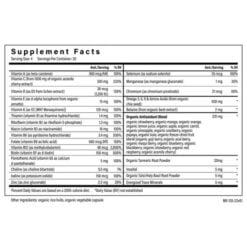
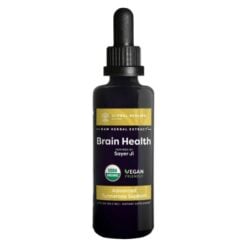
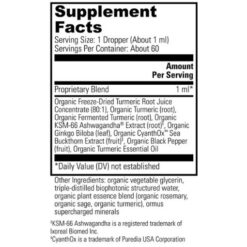
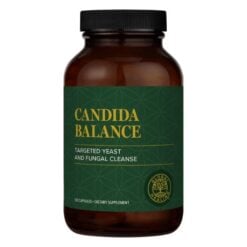
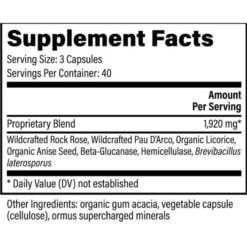
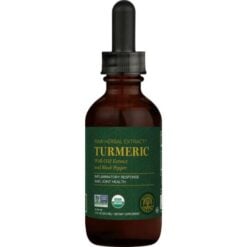
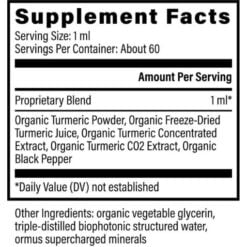
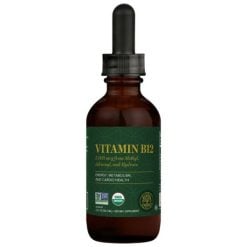
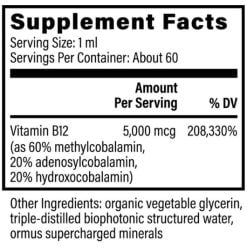
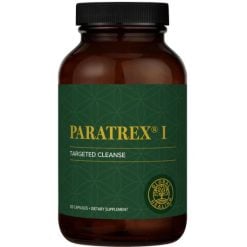
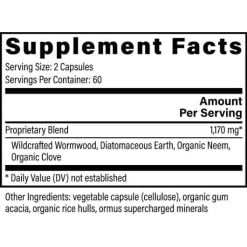


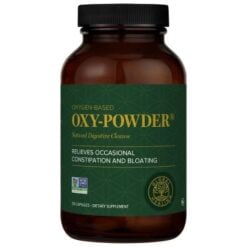

 Beauty Products
Beauty Products By Skintype
By Skintype Brands A-Z
Brands A-Z Wellness
Wellness Health / Nutrition
Health / Nutrition